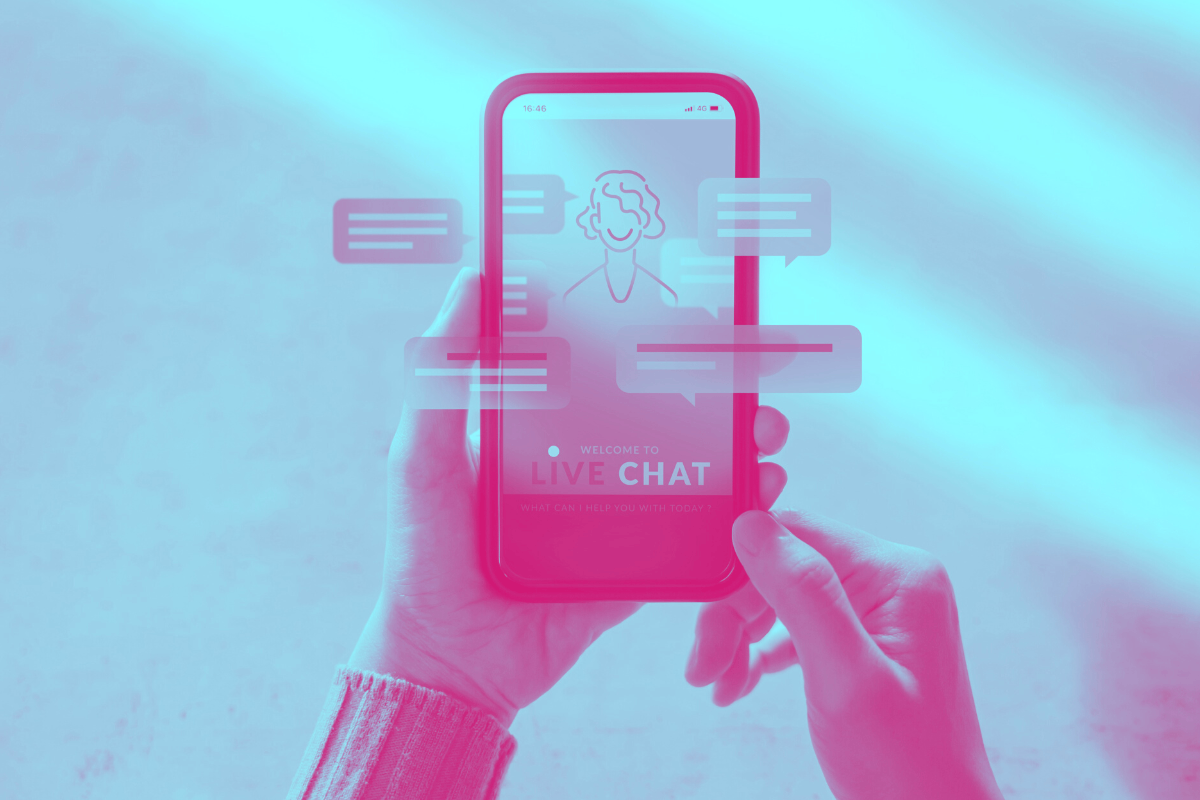
Content warning: This post includes descriptions of disordered eating that may be distressing to some readers.
Across the globe, eating disorders are one of the deadliest mental illnesses.
With this in mind, the strategies and support services for combatting this health issue are multiplying — and for good reason. But amid this effort, it's coincided with the rise of artificial intelligence (AI) technology.
In the last few years, numerous organisations have looked into how AI can help people seeking advice and support for various eating disorders and body image concerns.
In the US, the National Eating Disorders Association (NEDA) launched a new helpline chatbot they called 'Tessa' in 2022. NEDA said the chatbot would provide users with helpful information. It was set to completely replace the association's phone line service too.
But this week, Tessa was removed from their website, due to evidence the program had given users harmful dieting advice and promoted disordered eating behaviours.
Watch: Emily Seebohm speaks about her experience with an eating disorder. Post continues below.

